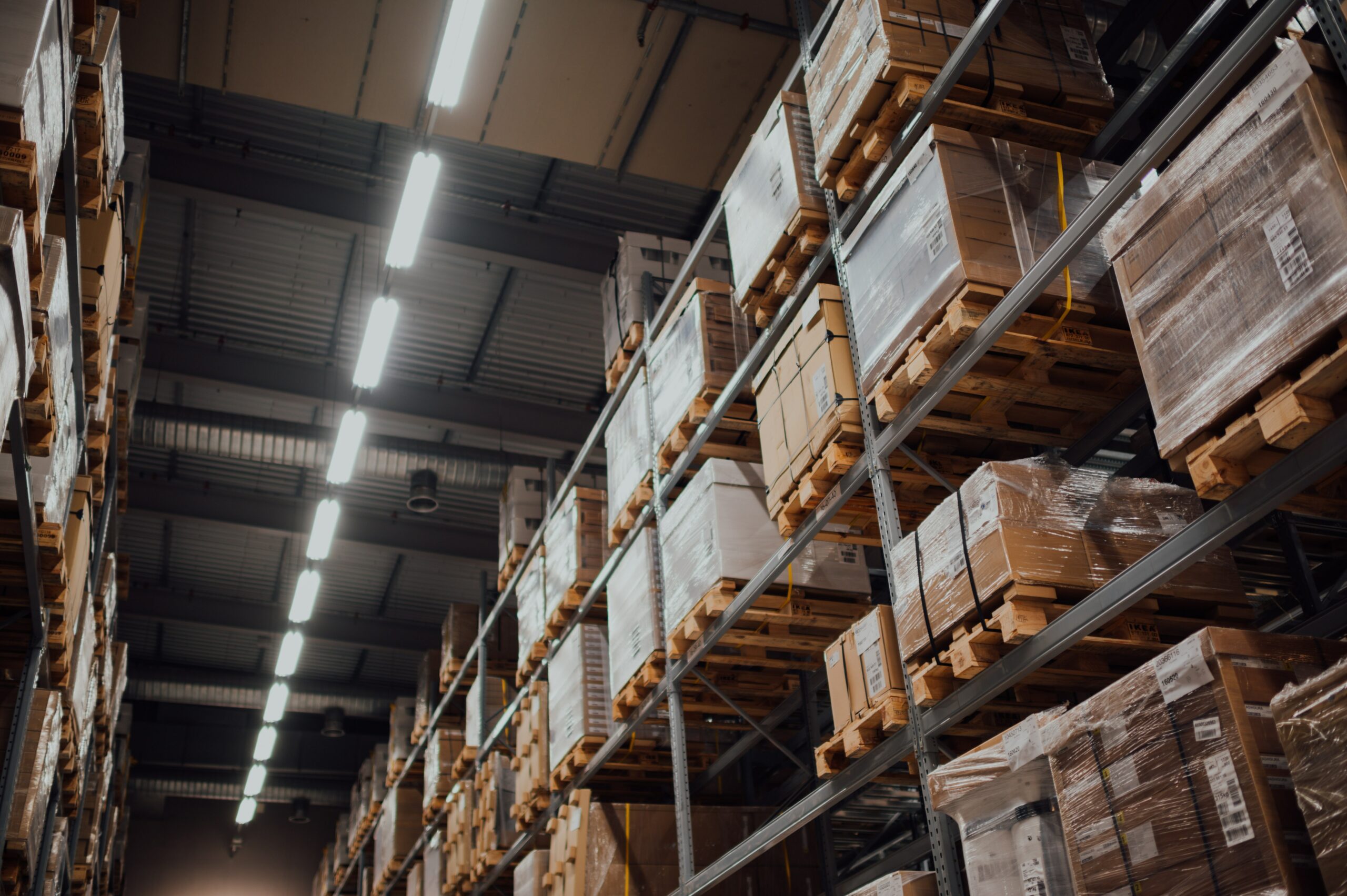In this time of economic uncertainty, cost-efficient operations are more important than ever. But a recent survey has found that 8% of all supply chain inventory is wasted each year.
Find out how to minimise waste in your supply chain and save money as a result…
Sectors across the board have been hit by the cost-of-living crisis – supply chain is no exception.
Inflation continues to affect every stage of the product lifecycle, and at an unprecedented rate. And it’s not just the higher costs that are the problem.
According to director of Retail Minds and a former buyer at Asda: “What has also never happened before is not just the scale, the speed with which it hits the supply chain.” To put it another way, businesses are having to contend with rising costs that hit so suddenly there’s no real time to shield their supply chains from the blow.
Resultantly, supply chain managers are scrambling to find ways to keep costs down. Reducing unnecessary wastage will be crucial for ensuring the process is as cost-effective as possible.
What causes supply chain waste?
Supply chain waste is costing businesses USD $163 billion, or GBP £142.5 billion. This is the result of several factors
For example, in the food industry, an average of 7% of all inventory is wasted globally. This is largely due to products not being stored properly, spending too long on shelves, or being damaged in transit.
To put it into context, this amounts to USD $53.9 billion (or GBP £46.6 billion) of supply chain waste per year.
While the value of supply chain waste is not as high in other sectors, it’s still a major issue. Just look at the automotive industry.
In this instance, 4.7% of all inventory is wasted due to factors such as tires being stored past their shelf life, parts being shipped to incorrect locations, and suppliers diverging from transport standards. That’s $13.9 billion (GBP £12.3 billion) worth of wastage for reasons that are, in large part, preventable.
Of course, as well as costing companies extortionate amounts, the sheer volume of waste doesn’t look good from a sustainability point of view either.
Want to minimise waste in your business?
Investing in more efficient, sophisticated technology and processes can help to reduce supply chain waste. In the long run, this is an investment that will be well worth making.
However, you cannot effectively tackle supply chain waste without addressing the role that human error plays. Issues like accidental damage, inadequate storage, and storing products past their shelf life can largely be avoided in your business. All it takes is having the right people in the right places.
So, when it comes to minimising waste in your supply chain, it comes down to who you have on your teams.
Superior supply chain talent
Driven individuals with specialist skills and relevant supply chain experience are far less likely to make costly, avoidable errors.
But finding these people – and then trying to narrow them down based on how they’ll fit with your company’s culture – is not an easy task. That’s why businesses turn to us.
As specialist supply chain recruitment consultants, we’re experts in sourcing talent that can add long-term value, rather than create loss.
Why risk taking on people who can’t or won’t improve your processes?
Get in touch today to find out what a partnership with us could do for your business:
Call us: 0333 360 1100




